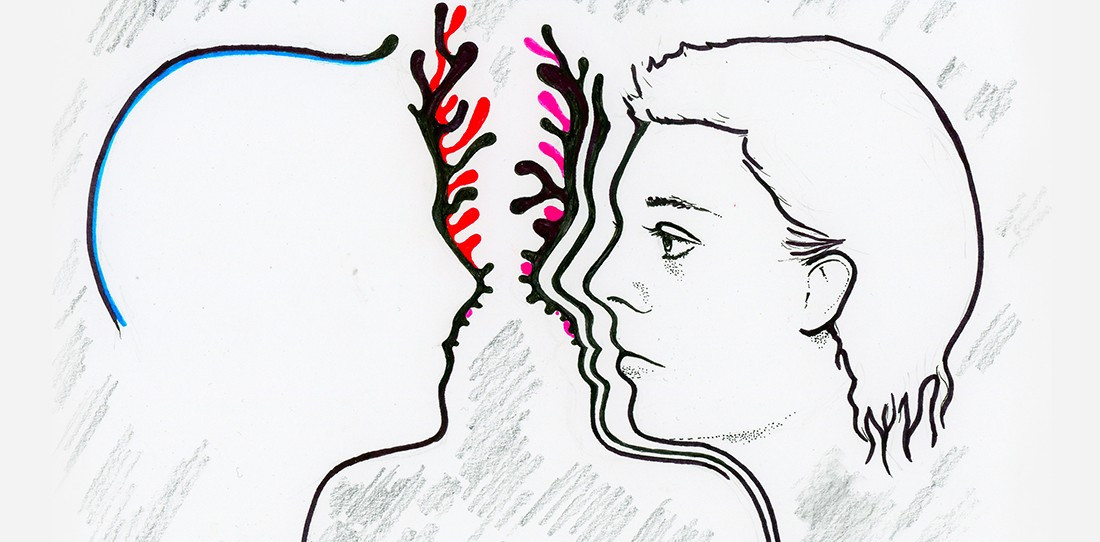Proudly bipolar
A diagnosis can be a gift
You may have plenty of images in your head already after reading that headline. When you think about bipolar disorder, what first comes to mind? Let me guess: probably someone with two personalities, right?
Society can feed incorrect ideas of what different mental illnesses are like, which further marginalizes people living with those disorders. I internalized many of these ideas too, until I was diagnosed with bipolar disorder. The road toward a diagnosis began in my home country of France.
For about a decade, I struggled with depression. It sucked everything out of me. I also had no present support system in my life. When I started thinking about death at age 10, I was confused and overwhelmed, because I didn’t know what was happening to me.
With time, I started naming my pain. I began to understand that I was depressed and suicidal. I found comfort in the thought that if there is a word to describe something, it means that others can experience it, too .
However, I could tell there was something else. For instance, there were times I felt overly confident, as if I could walk through fire and be convinced that I wouldn’t get burnt. But that was not a depressive symptom. Many questions arose in my head, and I couldn’t come up with any answer ... yet.
A miraculous self-motivation pushed me to seek those answers actively. I managed to find a free centre with psychiatrists. First, I needed to meet with a nurse in order to be assigned to the right person. That appointment broke my spirit. The nurse claimed she wasn’t seeing any depressive spectrum in me. I sarcastically thought: “Sure, my suicide attempts were just for fun.” It was only after much insistence on my part that she gave me an appointment with a psychiatrist. I left filled with anger.
Although I never wanted to set foot in that centre again, my determination for answers brought me to attend my next appointment, apprehensive and nervous. After a few sessions, I finally received a diagnosis: bipolar disorder.
Hearing this terrified me. An array of stigmatized images of this mental illness came to my mind. Usually, when I encountered a reference to bipolar disorder in movies, it was portrayed pejoratively. To understand my diagnosis, I started educating myself through a variety of resources, such as NAMI.org or the Jed Foundation.
Something else that completed my newly acquired knowledge was writing. I kept track of my thoughts and mood swings in a journal. I learned more about myself in the year after receiving my diagnosis than I had in my entire life.
Most importantly, I learned to not be ashamed of my bipolar disorder. Being vocal about it made my friendships better. I allowed people to get to know me better. My awareness and self-reflection became a great tool, improving my compassion and my ability to help others.
In society, people living with mental illness are often alienated and misunderstood. I experienced it in France. But if I had given up after my first meeting with the nurse, I would still be a mystery to myself. I thought of my diagnosis as an affliction, and, after reading a lot about bipolar disorder, I was strongly convinced it would become my lifelong weakness.
Those resources helped me understand my mental illness overall, but I learned greater things through self-reflection. This introspection shaped my healing as well as my understanding, completely shifting my perspective on my bipolar disorder. Sharing my story about being diagnosed will hopefully encourage others to experience the same acceptance I did once I embraced my truth.
Lys Botsula was born in Rouen, France. At 19, she moved to Canada to get a bachelor of arts at the University of Winnipeg, leaving her friends and family in her home country. Fun fact, Lys speaks four languages: French, German, English and Lingala.
Published in Volume 74, Number 19 of The Uniter (February 27, 2020)







